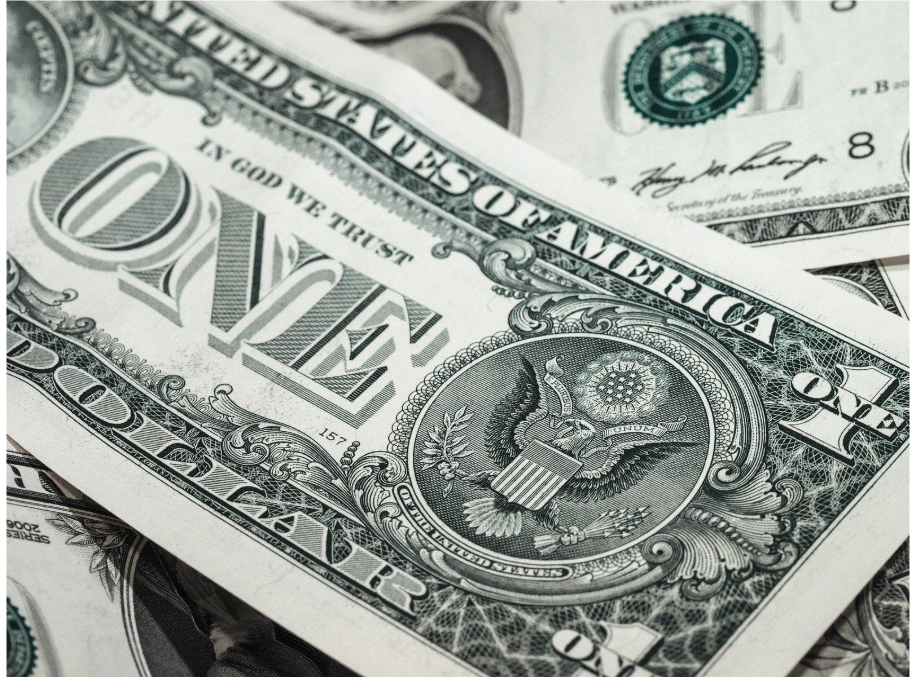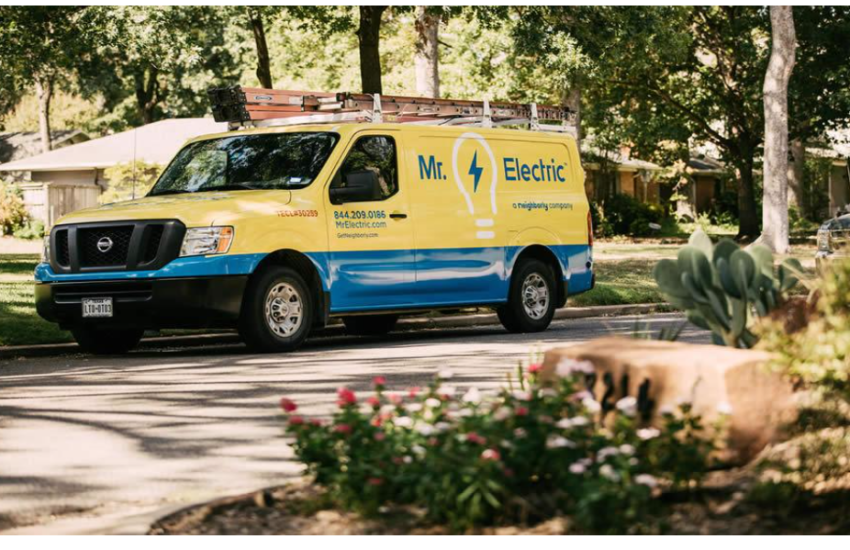Saving is Costing You Money: Avoiding Frugal Mistakes
If you are trying to save money, you will no doubt have a few ideas about the best strategies to do this. However, what many people fail to realize is this: some money moves are actually costing you money rather than padding your savings.
It is surprisingly easy to fall into this trap, too. Thankfully, we are here to help. We want to share with you a few of the traps that “money-savvy” people often fall into. Let us help you avoid those mistakes.
Buying on Sale
We’ve all been there.
We have walked into a store and feasted our eyes upon a brilliant offer. The deal of the century! What do you do? If your answer is “buy it,” then you are wrong. If you think about it, if you never actually planned to buy the item on offer in the first place, you aren’t really saving money. You are spending money that you never planned to spend.
While we are on the subject of sale items, if there is something that you did plan to buy that is on sale, it is important that you check what the “normal” price is. Sometimes, these sales can seem a little too good to be true, and they often are. For example; with food items, some companies will put items on sale, not telling you that the product is a little bit smaller than it normally is, or how the saving is minuscule.
Using Coupons for the Sake Of Using Coupons
As any savvy saver will tell you that coupons are an absolute godsend. However, as with the ‘sales’, it can be easy to fall into the trap of buying something just because it is cheap, not necessarily because you want it. Don’t do that.
Our suggestion? Make a list of what you are shopping for and then find coupons. It will make your life a whole lot easier and you will not be tempted to buy a “great sale” just because you have a coupon for it.
Buying Items in Bulk
There isn’t necessarily anything wrong with buying in bulk. In fact, if you are trying to save money, you will need to buy in bulk at some point. Our problem is with the people who buy in bulk but then throw away some of the items they purchased.
You should only be buying things in bulk if you know that you are going to be using every item that you have bought. If you do not plan on using everything (due to expiry dates etc.), then you may want to do a few quick calculations. In this case, it may be easier just to buy the product single if there is simply too much wastage on your end.
Remember; if you are buying in bulk, it isn’t just going to be the money that is the issue, it is trying to work out where you need to be storing everything once you have it. There are a lot of people who are so deep into trying to save money that their house is just rife with bulk goods. It is tough to get around these places. Do you want a messy and packed to the brim home just for the sake of saving a few dollars here and there?
Not Replacing an Old Vehicle
Sometimes, it is best just to bite the bullet and upgrade a vehicle, or maybe spend a few hundred dollars more on a ‘better’ model when you are shopping for a new car.
What many people fail to realize is that older vehicles have higher maintenance costs. They also tend to guzzle gas far quicker. This means that you are not saving all that much money by buying an older vehicle or not replacing the one that you have now. In fact, in many cases, it could be costing you more money not to replace it.
So, how do you choose a new vehicle? Well, luckily for you, the internet is a treasure trove of resources for working out which “bargain” vehicles are worth your hard-earned cash. Yes. There will be a bit more of a short-term expenditure when you buy a vehicle, but there will be long-term gains. Wouldn’t you like to have a couple of hundred dollars sitting in your bank a year or so from now?
Shopping Multiple Times per Week
Some people think that they will save money by purchasing the items they need in multiple shopping trips, or even across multiple stores. Guess what? You won’t!
People who head to the store multiple times per week are more likely to spend larger sums of cash. This is because they are more likely to pick up those impulse buys.
In our opinion, you should be making a shopping list at the start of the week. This will be everything that you need to buy that week. You should purchase it in a single shopping trip.
We know that some people will dart from store to store to find the best prices on the items they need but, generally, this is not recommended. Each store you go into increases the risk of you spending more money than you need to on those “impulse” buys. Of course, you also have the cost of transport too. Sometimes it is better to spend a couple of extra dollars and get everything from the same place.
Free Shipping
See free shipping on a website? You want to take advantage of it, don’t you? Well, don’t!
Free shipping is only good if you were planning to hit the minimum spend threshold anyway. Do not spend up to the minimum spend unless you need to. We have seen some people buy $20 worth of goods that they don’t need just to save $5 on shipping. This is crazy! Do not fall into that trap.
The only time you should be going for free shipping (unless you have hit the threshold anyway) is if the amount you need to spend is less than the free shipping. Otherwise, don’t bother.
Subscription Services
Some people believe that they save money with subscription services. You don’t. No matter how good a deal for a subscription service is, you are invariably better just purchasing the products as and when you need them.
Oh, and if you have those subscription boxes, it is probably best just to save your money and spend it on something that you do want, rather than what somebody is telling you that you need.
Subscription services have become increasingly popular in recent years. We bet you are subscribed to at least one of them. Cancel your subscription now. Buy the products elsewhere. You will save money.
Only Making Minimum Payments on Credit Cards
You have probably heard this before, but we simply can’t stress how important it is that you spend more than the minimum payment on your credit card. This is another case where there will be a short-term increase in the money leaving your bank account, but you will see long-term benefits.
Even adding an extra couple of dollars onto your minimum payment each month can wipe months, sometimes years, off of the repayments that you need to make, particularly if you have a high-interest credit card.
Buying Cheap Products To Save Money
Don’t do this. If a product is half the price of a competitor’s product, then there is a good reason why it is half the price. It is likely not as well-made. And, if you buy a lesser quality product, you aren’t saving money.
You will need to replace it sooner (or it will require more maintenance), and this means that in the long run, you will be spending more money. Remember the adage “buy cheap, buy twice”?. Well, that is exactly what is going to happen if you spend too little cash on something.
Trying Too Hard To Save Money
Seriously.
Don’t do this. You do not need to cut corners everywhere. The whole reason you are trying to save money is so that you can have a better life, right? That is never going to happen if you are pinching every penny. Make sure that you treat yourself on occasion. It will make the whole money-saving thing worth it.



One thought on “Saving is Costing You Money: Avoiding Frugal Mistakes”